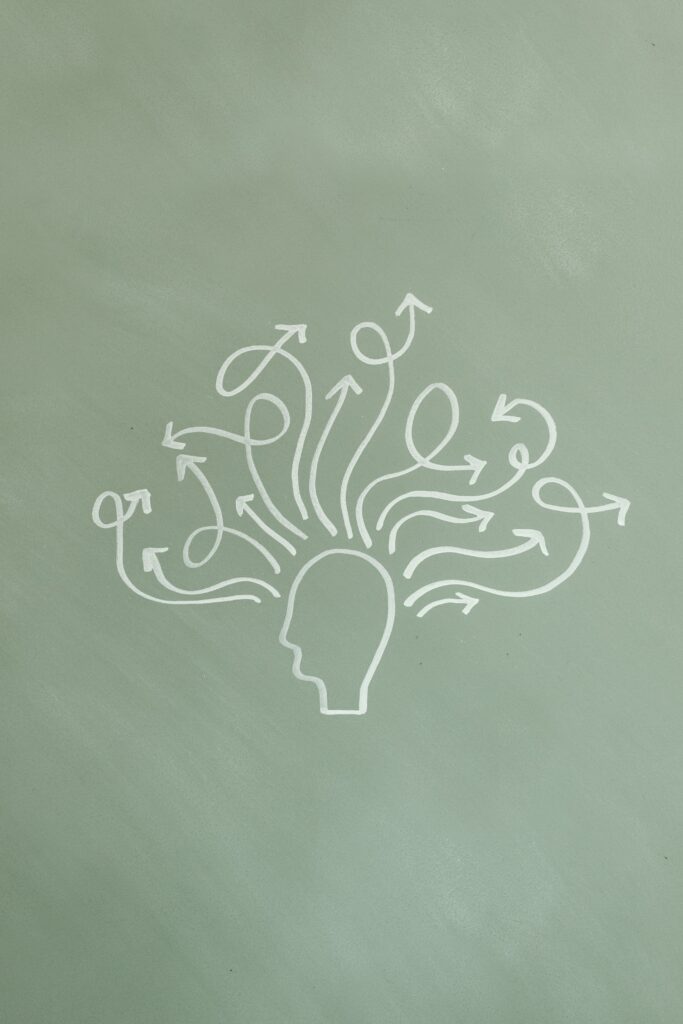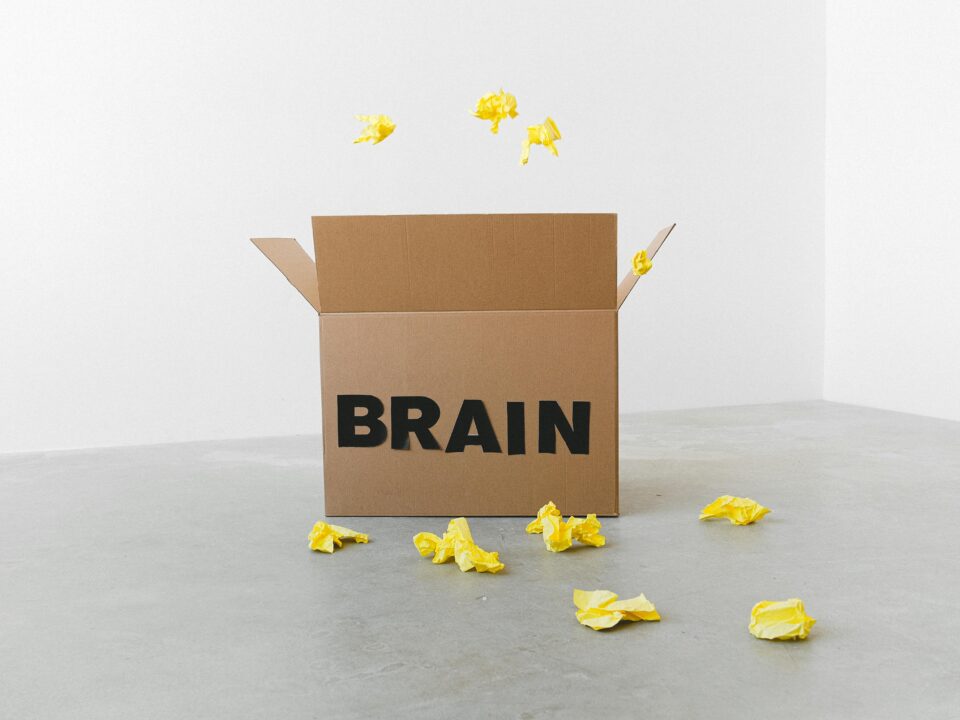What is Intention Deficit Disorder?

Featured Image by fauxels, Pexels
If you’re reading this, you may already be aware of the term, ADHD. Maybe you or someone you know has been diagnosed with it. Recently a newer term has emerged, Intention Deficit Disorder, or IDD. While ADHD provides us with a broader perspective of this type of neurodiversity, IDD focuses on one of the main difficulties faced by many within this spectrum. Russell Barkley, PhD explains that those with attention disorders can suffer from ‘time-blindness’ where the time between intention and action can be a big gap, causing them to either put off the action until a future date or act only at the last minute when the deadline is fast approaching.
What sets Intention Deficit Disorder (IDD) apart from ADHD?
You can find a more in-depth definition of ADHD on our website here.
As with anything, everyone’s experience and symptoms can vary widely. Generally speaking, ADHD is characterised by persistent patterns of inattention, hyperactivity, and impulsivity that interfere with daily functioning or development.
Intention Deficit Disorder, however, focuses more on the challenges related to intention and goal-setting specifically.
What are the symptoms and diagnosis of IDD?
IDD is often described as a condition where individuals struggle in particular with translating intentions into actions. It highlights the difficulties with processes such as planning, organising, initiating, and sustaining goal-directed behaviours.

Image by Tara Winstead, Pexels
What is the impact of IDD on daily life?
Anyone with a neurodiverse brain can relate to the fact their diagnosis is often misunderstood. Those with IDD or ADHD can unfairly be mislabeled as ‘lazy’ or having ‘poor time management’. But the reality is that the part of the brain known as the executive system, which helps us to take action on our ideas and knowledge, is impaired. This can manifest as procrastination, difficulty starting projects, or a general sense of being stuck in the planning phase. Despite a genuine desire to accomplish certain objectives, individuals with IDD may find it challenging to sustain the necessary actions needed to.
How can you manage and cope with attention deficit disorder?
There are a variety of things those with IDD can utilise to help them manage and cope.
With any goals or projects, it can help to break down the objective into smaller, more manageable tasks. This can help make a large project seem less overwhelming and daunting and you are more likely to complete each task than to put it off altogether.
Given the nature of IDD, external cues become crucial. Utilise tools such as calendars, planners, to-do lists, and visual timers to provide external prompts and reminders for tasks and deadlines.
Establishing a consistent daily routine can help provide you with some structure. A routine can assist in automating certain tasks, making it easier to initiate and follow through.
Recognizing how you best work can help when planning how to tackle your tasks. Taking breaks to help refresh your brain or partnering with an accountability partner to help keep you motivated can go a long way in helping you.
We must keep looking further into the different aspects of Attention Deficit disorders to help break the stigma and increase understanding for those who do not experience them.
If you find yourself navigating your way through any neurodiversity, it’s important to acknowledge and celebrate even the smallest achievements. Recognizing progress, no matter how incremental, can boost motivation and reinforce positive habits.
If you think you have some of the symptoms mentioned here take our ADHD quiz. We are here to support you.
Useful links
Signs of ADHD in adults
How to get diagnosed with ADHD
ADHD workplace needs assessment
Blog Author
Sarah Heanaghan



